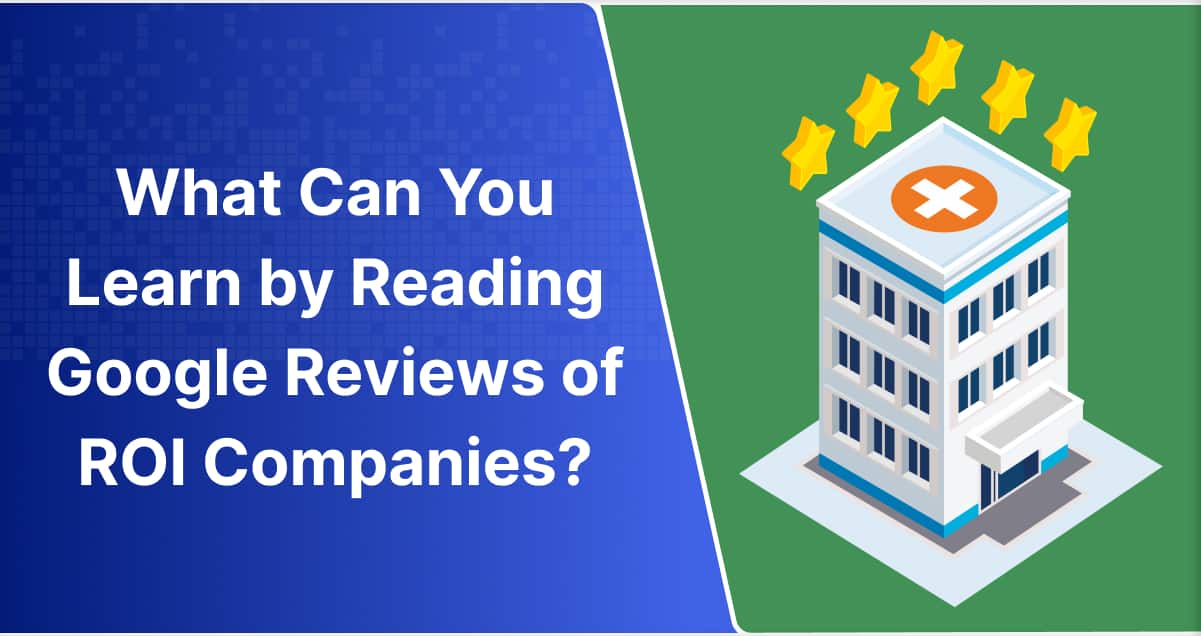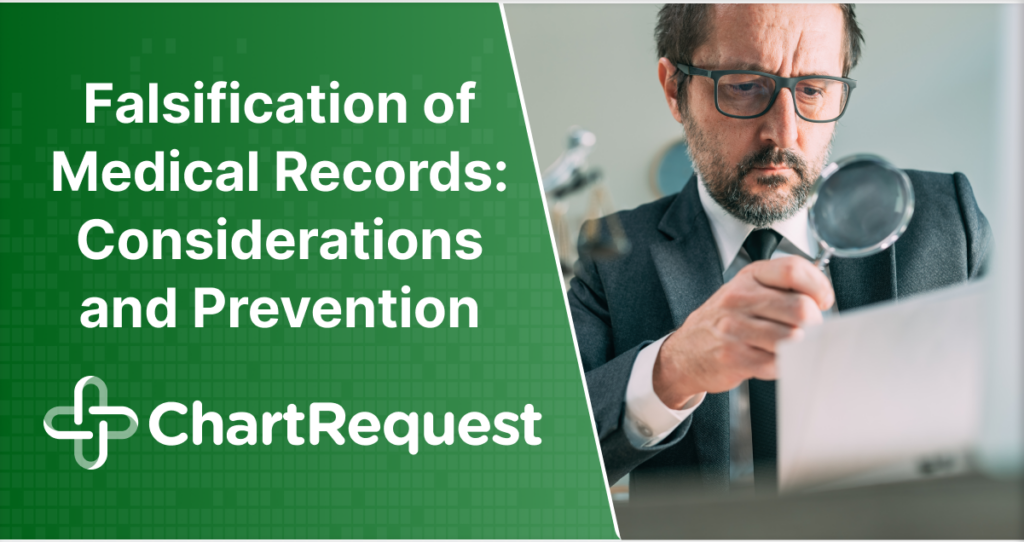Google Reviews can be exceptionally useful when evaluating whether to do business with an organization, and release of information companies are no exception.
There’s a significant emphasis on security and compliance in healthcare, and not all release of information companies meet ROI requirements. With this in mind, it’s essential to research a variety of options.
It’s our goal to help your organization find a solution that meets and exceeds all security, compliance, and service needs. If you’re comparing release of information companies, this article will help clarify what you should consider during initial assessments.
Consider These Tips While Comparing ROI Companies
When comparing release of information companies using Google reviews, there are a few things to keep in mind to understand their overall reputations. Here are some key factors to take into account while you compare release of information companies:
Overall Rating: The overall rating provides a quick snapshot of customer satisfaction with the release of information company. A high average rating indicates that the majority of customers are happy with the company’s products or services.
Number of Reviews: The number of reviews influences the credibility of the overall rating. For example, imagine a release of information company with an average rating of 5 stars, but only 2 reviews submitted. While this may seem excellent, even a single 1-star review could drop their average rating below 3.7 stars.
Recent Reviews: Recent reviews give insight into the company’s current state of affairs. A release of information company’s performance may change over time, so recent feedback is more relevant than older reviews. Old reviews don’t expire, so it’s also worth noting the dates of negative reviews and the frequency of new reviews.
Sentiment Analysis: Understanding the general sentiment of Google reviews helps identify recurring themes and identify the company’s areas of strength. Additionally, it can be helpful to assess the severity of complaints. For example, was a negative review caused by a misunderstanding, frustration about being charged, or a truly dreadful experience?
Response Rate and Engagement: A release of information company’s responsiveness to negative reviews, particularly negative ones, demonstrates its commitment to customer satisfaction and willingness to address concerns.
Examples of Recent Release of Information Company Reviews
In this section, let’s look at some recent examples of reviews left for release of information companies on Google Reviews. Please note that I will not disclose the names of these release of information companies, only the reviews.
Negative Reviews of Release of Information Companies
Negative reviews can have a lot of weight, but they should be taken with a grain of salt. Let’s start this section by observing a couple of negative reviews from ROI companies and discussing what we can glean.

The release of information is complicated, and companies specializing in ROI need to master speed and accuracy throughout the process. This review actually provides insight into issues regarding poor quality assurance and poor service.
Poor quality assurance can be a recipe for disaster. Human error is always a factor in ROI, and quality assurance is crucial for minimizing these errors. In situations where errors are frequent or serious, the chances of costly HIPAA violations increase.
Customer service and transparency, on the other hand, directly impact the patient experience. The release of information is complicated, and it’s the role of ROI companies to offer expertise and provide patient-centric support.

When somebody who doesn’t work in the healthcare industry pays for an ROI service, they often have their own expectations. These may be based on how long they imagine the process should take or how they perceive the cost. Unfortunately, these notions aren’t always correct.
It’s very understandable for a requestor to feel upset when fully informed care is delayed by forces beyond their control. This situation is technically HIPAA compliant, though, because the company fulfilled the release of information request within the 30-day deadline.
Countless factors can impact an organization’s average turnaround times. Compliance, however, is the bare minimum, and we believe release of information companies should go above and beyond.
Positive Reviews of Release of Information Companies
Positive reviews in isolation don’t carry as much weight psychologically as negative ones. When a release of information company has hundreds of 5-star reviews, however, it’s easier to trust their consistency and quality.

This review from another release of information company displays the company’s eagerness to ensure a great experience. While the first sentence describes a negative experience, this company worked with their client to fix the issues promptly.
It’s an unfortunate truth that, even in processes that demand near-perfect performance like ROI, accidents and unavoidable errors do happen. In this reviewer’s situation, however, the response was far more important than the initial hassle and frustration.
When comparing release of information companies, reviews like this can help you feel confident that they have your best interest at heart. In most cases, these reviews also mention the name of the specific support team member who provided the help. Seeing the same names getting consistent 5-star reviews speaks to a consistently high quality of service.

Of course, we couldn’t finish this list without at least one review for ChartRequest. Like the last review we discussed, this review feels honest and trustworthy because it acknowledges that ROI isn’t always perfect.
When we compare this review to the first negative review we discussed, however, it’s clear that minor issues aren’t as important to reviewers as the company’s responses to those issues. While some hiccups may be inevitable, it’s crucial that the requestor feels prioritized and receives prompt, high-quality support.
Additionally, the reviewer expresses their understanding of the process and sets fair expectations for factors beyond our control. The release of information is complicated, and reviews from reviewers who likely have experience with multiple companies are especially valuable.
ChartRequest is an ROI Company With 4.8+ Stars
With over a decade of experience serving healthcare providers, patients, and 3rd-party professionals, ChartRequest makes ROI a breeze. In addition to our rigid security and compliance measures, our omnichannel support team is always ready to provide white-glove support.
By offering custodians and requestors support via phone, email, and instant chat, we let people choose how they receive support. Additionally, unlike some alternatives that only provide service to paying users, ChartRequest is eager to help everybody using our platform.
Additionally, our release of information software provides unmatched transparency. This allows requestors to check the status of their requests 24/7 in just a few clicks. To check for real-time status updates, requestors can either sign in or enter their request ID here.
ChartRequest also provides some of the fastest turnaround times release of information companies can offer. For example, requests to our full-service partners have an average turnaround time of 3 business days. This is a small fraction of the allowable 30-60-day HIPAA deadline.
These are just a few of the ways ChartRequest stands out from the other release of information companies. Want to learn more about how we can best serve your organization and requestors? Click here to schedule a brief chat.









